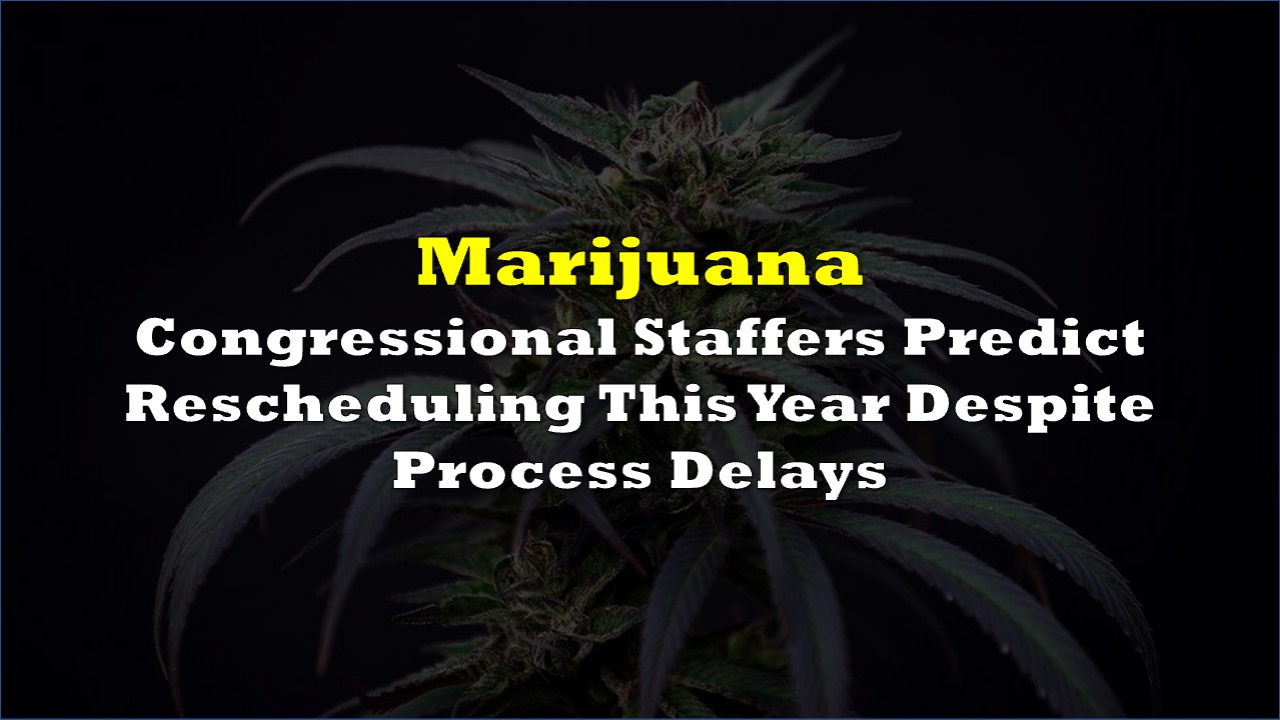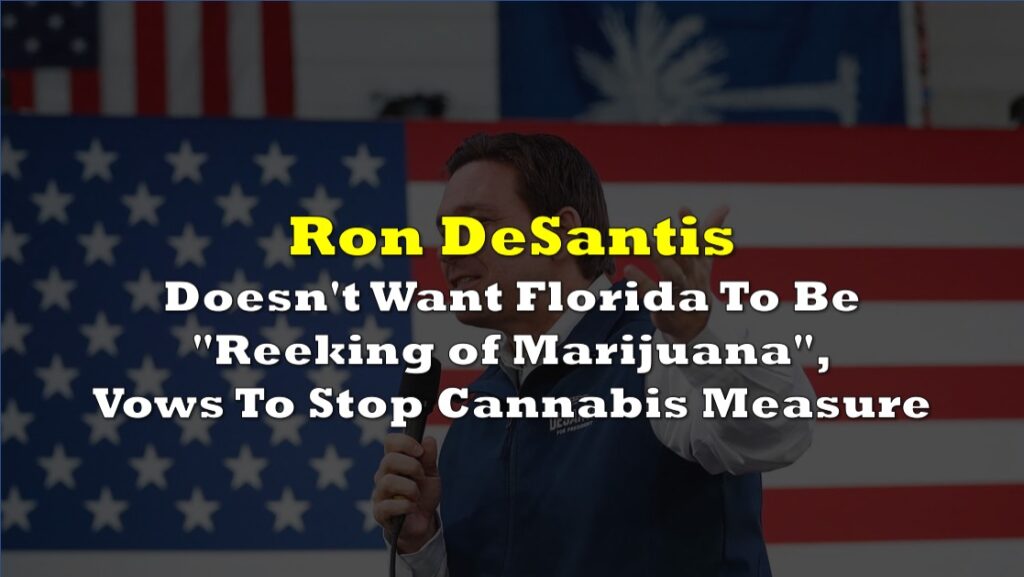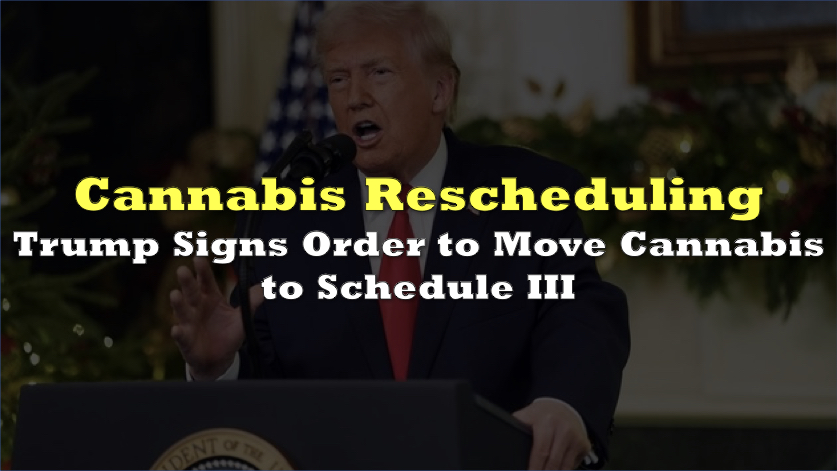Congressional staffers from both parties say they expect federal marijuana rescheduling to be completed by the end of 2025, adding momentum to President Donald Trump’s recent confirmation that his administration is actively weighing the policy change.
Five congressional staffers who spoke anonymously to The Marijuana Herald said rescheduling is now viewed as inevitable on Capitol Hill, with one Senate aide calling it “a sure thing.” The prediction comes just over a week after Trump told reporters his administration would “make a determination over the next few weeks” on moving marijuana from Schedule I to Schedule III under the Controlled Substances Act.
We spoke with 5 congressional staffers to gauge views on cannabis reform efforts. All 5 believe rescheduling will happen this year, and the VA medical cannabis provision will survive reconciliation. On banking, 3/5 said SAFER will pass this session. https://t.co/y0XRJJjWsA
— Anthony Martinelli (@AMartinelliWA) August 18, 2025
The renewed confidence follows Trump’s confirmation that the administration is seriously considering the reclassification, which came during the same week Rep. Greg Steube, R-Fla., reintroduced his Marijuana 1-to-3 Act to accomplish the same goal through congressional action.
However, the administrative rescheduling process has been stalled since January when a scheduled hearing was postponed pending an appeal. The Drug Enforcement Administration confirmed the process “remains pending,” with the agency currently operating under acting leadership after Derek Maltz stepped down as acting administrator in May 2025. Maltz, who served briefly in the role, had previously described cannabis as a “gateway drug.”
The Biden administration formally proposed the rescheduling in 2024 after the Department of Health and Human Services recommended moving marijuana to Schedule III in August 2023. Industry interest in the policy change has intensified following a recent $1 million-per-plate fundraiser at Trump’s New Jersey golf club, where cannabis executives discussed potential reforms with the president.
Currently, marijuana businesses cannot deduct standard business expenses under federal tax law, resulting in effective tax rates exceeding 70 percent in many cases.
Congressional staffers also unanimously predicted that veterans will gain access to medical cannabis through a provision in the military spending bill that has already passed both chambers. “Medical cannabis for veterans has strong bipartisan support,” a senior Senate staffer said.
The outlook for broader banking reforms remains uncertain. While three of five staffers expect the SAFER Banking Act to pass during the current two-year session, most believe it won’t reach the president’s desk until 2026.
Cannabis industry leaders have expressed optimism about the timeline. Tilray CEO Irwin Simon recently told CNBC he expects the reclassification process to take about a year if implemented, saying “Trump gets things done.”
Polling shows broad public support for marijuana reform, with 87% of Americans supporting legalization for medical use, recreational use, or both, according to recent Pew Research data. Currently, 40 states and the District of Columbia allow medical marijuana, while 24 states have legalized recreational use.
Information for this story was found via the sources and companies mentioned. The author has no securities or affiliations related to the organizations discussed. Not a recommendation to buy or sell. Always do additional research and consult a professional before purchasing a security. The author holds no licenses.









